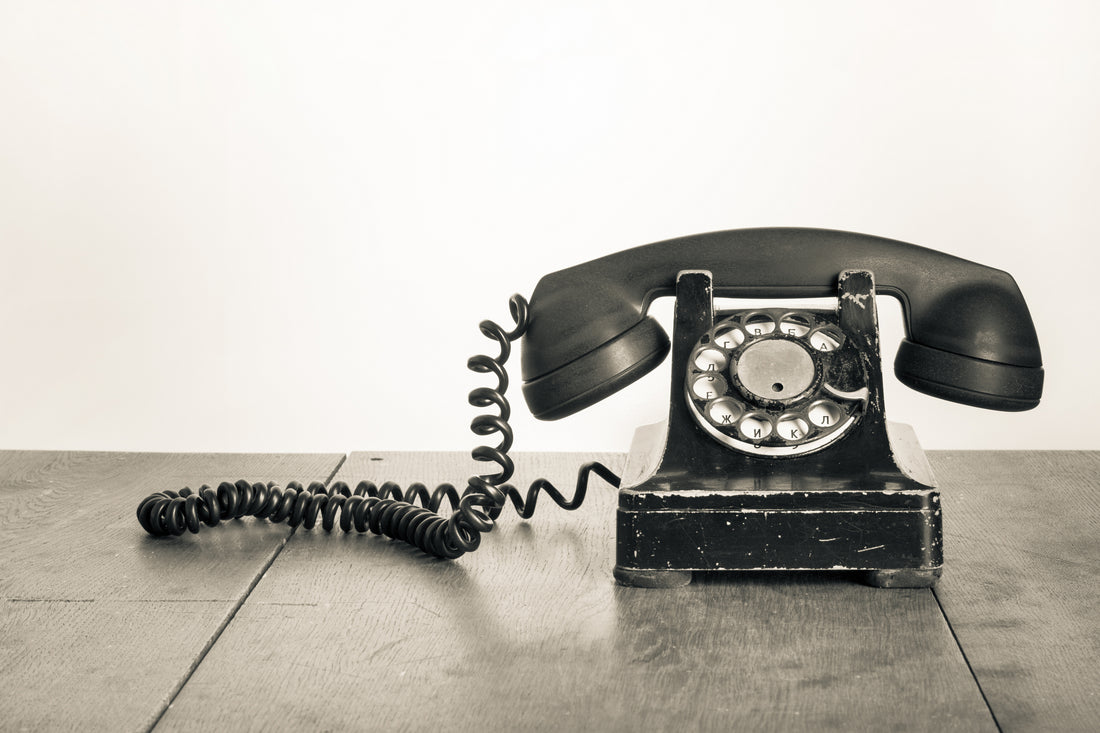
Crisis Response
Dr. Linda Hancock
![]()
We went from party lines where four or five families could listen in on each other’s conversations. It was important to respect unwritten rules to not interrupt for thirty minutes before asking to clear the line so you could make a call.
Then came the rotary dial. When your finger slipped, you had to start over again.
Next was the push-button option in which you could store frequently used phone numbers. That was simple.
Now we have voice control in our cars and on our phones. All we have to do is verbally command a piece of software, disguised as a person, to make a call for us and voila!
Increased technology, however, does have a downfall. By speeding things up, it has placed pressure on us to speed up.
I remember a former mayor telling me “I used to like the old days when someone would mail me a letter. I had a couple of days to think about it and then make a response. Now, someone sends me an email in the morning and phones me in the afternoon to find out why I have answered yet”.
It is important to remember not to let one person’s crisis become your crisis. Just because someone decided to contact you doesn’t mean that you have to respond right away.
I remember a story about Dr. Phil. He explained that he and his wife had eleven phones in their house but only one of them rang. It was the phone for the chef. The others had a voice mail message that said “You have reached the home of Phil and Robin. Please leave a message and if we think it is important, we will get back to you. Otherwise, we will treat it as information only.”
At first, I thought this was rude but then realized that it was a way of establishing healthy boundaries and communicating to callers regarding what could be expected.
So often I meet businesspeople who have an inflated sense of customer service. They think that they have to immediately answer any calls, text messages or emails as soon as they receive them. Unfortunately, this steals their ability to enjoy life without interruption.
Even in one’s personal life, people are often convinced that they must answer quickly. This sabotages thinking time, halts personal activities and destroys respect for others in the room who are delegated to a lower priority.
What do you think would happen if you made a commitment to not answer any messages until the end of the day? Would you get more done? I believe a lot of questions would be answered and problems solved by the time you responded.
What if you were like the mayor who wanted a couple of days to think about his response before drafting it? Or what if you were like my grandma who could wait until Sunday to talk?
If you aren’t ready to consider implementing these changes into your life yet, would you be willing to pretend that you have a party line and need to wait for thirty minutes before taking action?
Time to slow down.
And remember, don’t let another person’s crisis become your crisis.
